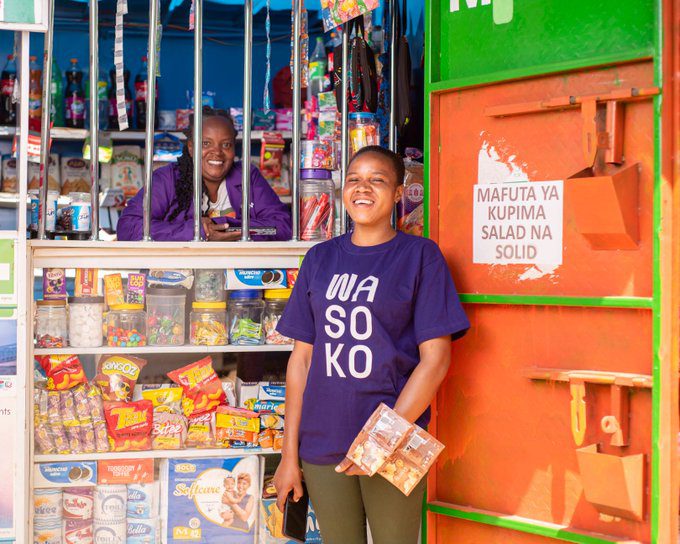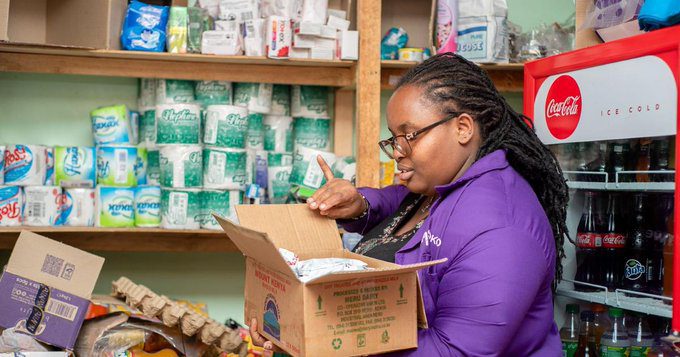Business
Technology’s effects on Africa’s unorganized retail sector: 3 major trends to watch in 2023

The informal retail industry in Africa is very important to the continent’s economy, but it has been having trouble with things like getting money and getting supplies.
Tech-enabled firms have started to appear in recent years, creating innovations to deal with these problems.
The proliferation of smartphones, the emergence of industry leaders, and the development of logistics networks are important trends to keep an eye on in 2023.
According to Boston Consulting Group (BCG), more than 70% of the food, drink, and personal care products sold to customers on the continent come through Africa’s informal retail sector.
Markets and 600 European investors have their sights set on Tanzania’s economic prospects.
Despite their importance, local informal shops in Africa have consistently faced difficulties due to a number of significant problems, including frequent stockouts, limited access to money, and difficulty obtaining supplies from vendors.

Technology has been increasingly important in recent years in tackling these issues and enabling regional SMEs to reach their full potential. In this essay, Tridiv Vasavada, the chief technology officer of Wasoko, the largest B2B e-commerce network in Africa, looks at three major trends that will shape the $850 billion informal retail market in Africa in 2023.
1. Smartphones as a New Standard for Independent Stores
Over the past ten years, the informal retail sector in Africa has seen an increase in the use of cellphones and mobile apps. With exceptional adoption rates, this trend reached a new maturity level in 2022, especially in Kenya, Côte d’Ivoire, and Tanzania. We can anticipate that this trend will persist in 2023 and even spread to other cities and rural areas. Although the cost of handsets remains a concern, governments, non-governmental organizations, and telecom companies are becoming more interested in providing subsidized access to smartphones to the unorganized retail sector.
2. The Rise of Industry Leaders
In order to meet the size of their establishments, informal retailers in Africa have typically operated under strict restrictions, providing a constrained selection of necessities in lesser quantities. But as more fintech platforms offer loans, we can anticipate more merchants expanding their operations and the development of industry leaders like those in more developed economies like India and Vietnam.
3. Changing Logistical Networks
Because of the severe market fragmentation in Africa’s informal retail sector, supplies are frequently late and prices are erratic. Retailers will need quicker, more effective supply chain networks as their businesses grow. This will allow for the emergence of more standardized and effective service providers, spurring considerable efforts from wholesalers and digital platforms to close this market gap.
In conclusion, technology has the ability to greatly expand Africa’s unorganized retail sector. Three major factors that will influence the sector’s future in 2023 are the uptake of smartphones, the establishment of market leaders, and the development of logistical networks.
